- September 7, 2019
- 1460
- Travel
Partying is not only confined to weekends
Saturday night is in fact a quiet night in Accra, Ghana’s capital, perhaps due to the fact that many people escape the city on weekends. More interestingly, the weekend in Ghana seems to start on Wednesday night, with beach parties, club nights, live music evenings and art openings all taking place on a weekday, meaning there’s always something to check out – leaving your weekends free for travel and exploration.
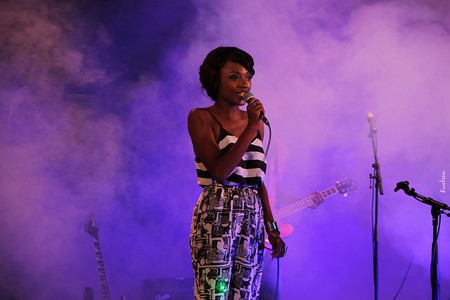
It’s a gateway to West Africa
Seen by many as the most peaceful and accessible of West African states, many use Ghana as a base to explore other countries, such as the neighbouring Togo and Ivory Coast, as well as Burkina Faso to the north and more far-flung locales such as Benin, Liberia and Cameroon. As all these countries are linked by ECOWAS (Economic Community of West African States), you can have the option of flying or, more adventurously, travelling by road.
It’ll inspire the beach bum in you
Ghana has over 500 kilometres (310 miles) of varied coastline that is a major draw on holidays and weekends, as various beaches have built up resort life and are very accessible. If crowds aren’t for you and you prefer some place more off the beaten track, then there is plenty in that direction too. Surfing, kite-boarding and sailing are all growing in popularity and even if you are marooned in Accra most of the time, weekends are an opportunity to feel like you’re on vacation.
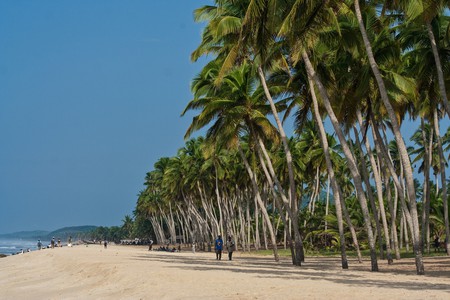
You’ll pick up words from at least two new languages, as well as the basics of Pidgin
Yes, English is the first language and is widely spoken, but there are hundreds of tribal languages in the country and, depending on where you are, you’ll most definitely pick up rudimentary basics of a couple – and delight the locals with your linguistic efforts. Pidgin is a hybrid of English and local slang that unites people of differing tribes. It has roots all over Africa, with each country having its own particular, nuanced version.
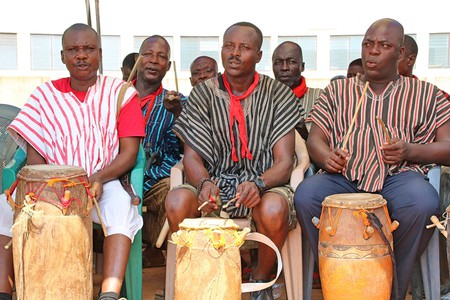
You’ll get a whole new perspective on time
It’s not really that big of a deal to Ghanaians, this pesky thing called time. Flexible sometimes to the point of ridiculousness, it’s natural for meetings scheduled at 1pm to not kick off until 3pm. If you inquire where someone is and they say, ‘I’m just coming’ or ‘I’m almost there’, don’t take it literally – they most likely haven’t even left their primary location yet. A knock-on effect of all this is that your patience, although always tested, will be at an all-time high.
You’ll discover a lot about West African history
You’ll discover the history of the region’s colonial rule, the last of which were the British in a long line of conquerors. The Dutch, Danish, Swedes, Germans and Portuguese built many forts and castles all along the coastline, many in a European style and most can still be seen today. Tribal history is also varied and interesting, from Ashanti folklore to Ewe traditional religions and folktales – there is much to explore and be surprised by.
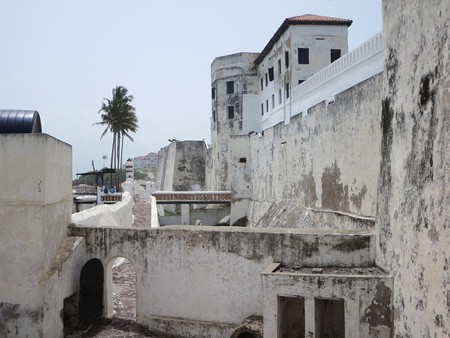
There are a lot of national holidays
Ghana loves a long weekend, all the better to explore the myriad places the country has to offer, and from March to September Ghanaians will celebrate everything from Republic Day and Farmers Day to Kwame Nkrumah’s birthday and Eid al Adha, whether Muslim or not. A great way to get out of the day-to-day grind: state-sponsored holidays.
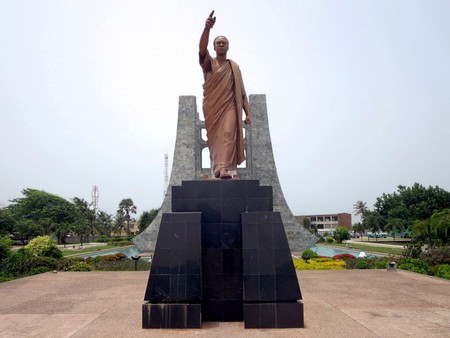
There’s a diverse landscape…
The topography of the country ranges from beaches and lakes to hills and mountains, with a lush central region and the drier north, as well as the largest man-made lake in the world, all of which make for an exciting and diverse experience. Within this landscape you’ll find a country still evolving, with far-flung villages lost in time to bustling cities filled with all the trappings of modernity.
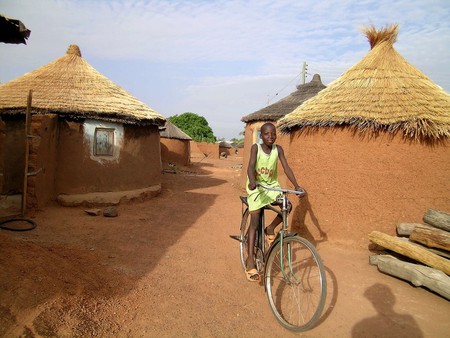
…and a diverse, friendly international community
Ghanaians are friendly people and the expat community is still quite small, meaning that it’s difficult to feel lost or left out if your intention is to make new friends and get involved in the city. You’ll find it remarkable how quickly you’ll get into the swing of city life and most places remember repeat customers, so you will always find a warm welcome. Lebanese, Indian, Chinese and Turkish communities are just some of the diverse groups that have chosen to make Ghana their home and many more nationalities are streaming in due to the friendliness and welcoming nature of the locals.
Original post from The Culture Trip







